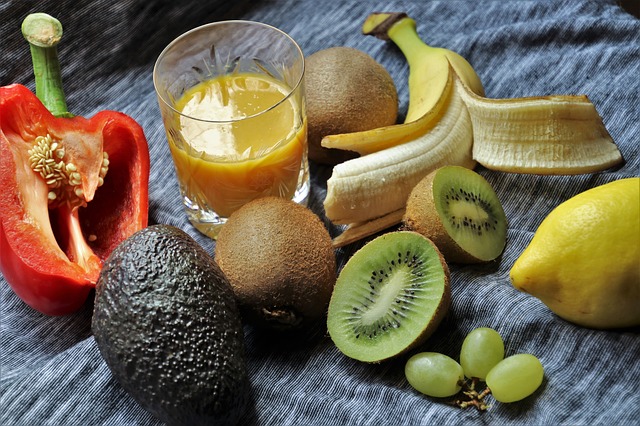The key to sustainable health and enjoyment from your diet lies in regularly using a variety of whole fruits, especially because of their nutrient diversity and density, phytochemical content, and the potential to improve health and lower disease risk. While thinking to include fruits many get doubts about whether to bank on exotic fruits or local fruits. Both local and exotic fruits are rich in Vitamins, Minerals, and other phytonutrients like carotenoids and polyphenols.
Local Vs Exotic fruits are the most popular debate amongst fruit lovers. To choose local fruits or exotic fruits we must first understand the advantages and disadvantages associated with them. Other than nutrients, many factors are involved to make a fruit healthy and wholesome food. So, let’s get started and understand the factors before opting for Local or Exotic Fruits.
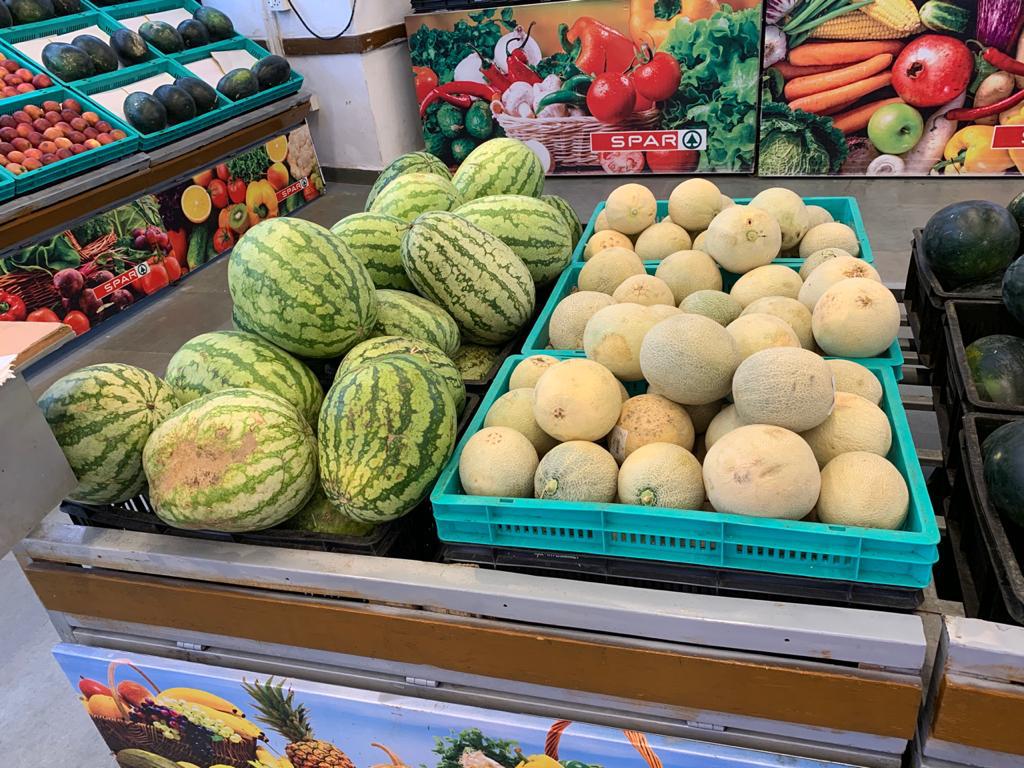
What are Local Fruits?
Local fruits are grown within a short distance of where it is consumed, often accompanied by a social structure and supply chain different from the large-scale supermarket system.
Local Fruits Advantages:
1. Good For Health
Local fruits require very less time to reach our plates. So they can be consumed as soon as they are harvested. Fruits are harvested when they start to ripe. In this stage, the fruits will be in the peak of their Vitality and rich in all the photo nutrients which it requires to protect the fruit from infestations. So, if we can consume the fruits as soon as they are harvested we will be benefitted from all the nutrients.
Local fruits also boost our immunity as they are rich in enzymes and photo nutrients imbibed from local soil, air, and water. These nutrients help us to fight against local infections.
2. Saves Money
Eating local fruit is not only good for our health but also good for our budget. When fruit is locally produced its production cost tends to be lower as the transportation charges and storage charges are reduced. This in turn trickles down the price of local fruit.
3. Better Flavors
As locally available fruits are freshly harvested it will be rich in flavors.Not only flavors, but it will also be rich in quality, texture, and smell. Many small scale and local farmers nourish plants with cover crops other sustainable methods that put nutrients back into the soil. Allowing fruits to grow at their own pace with abundant natural nutrients enables their roots to dive deeper into the Earth, increasing the nutrients fruits pull from the soil.
4. Promotes Variety
Local plantation of any fruits depends on the season and climate of that particular region. So as the season changes we get new local fruits with it. This breaks the monotony and we can consume a different variety of fruits throughout the year and fuel our body with various nutrients.
5. Allows for creativity
When there is variety there will be creativity flowing in our kitchen. It will ramp us up to try different smoothies and salads with different varieties of fruits.
6. Enhance the sense of community
Visiting the local farmers market is a great way to stock up local fruits. It is also a great way to know and support our local farmers. It takes lots of effort to bring fruit from the farm to the table. Supporting your local farmers is not only a great way to feel a part of a community but also to contribute to them economically. This will in turn support a Country’s Agro Economy. (1) (2) (3)
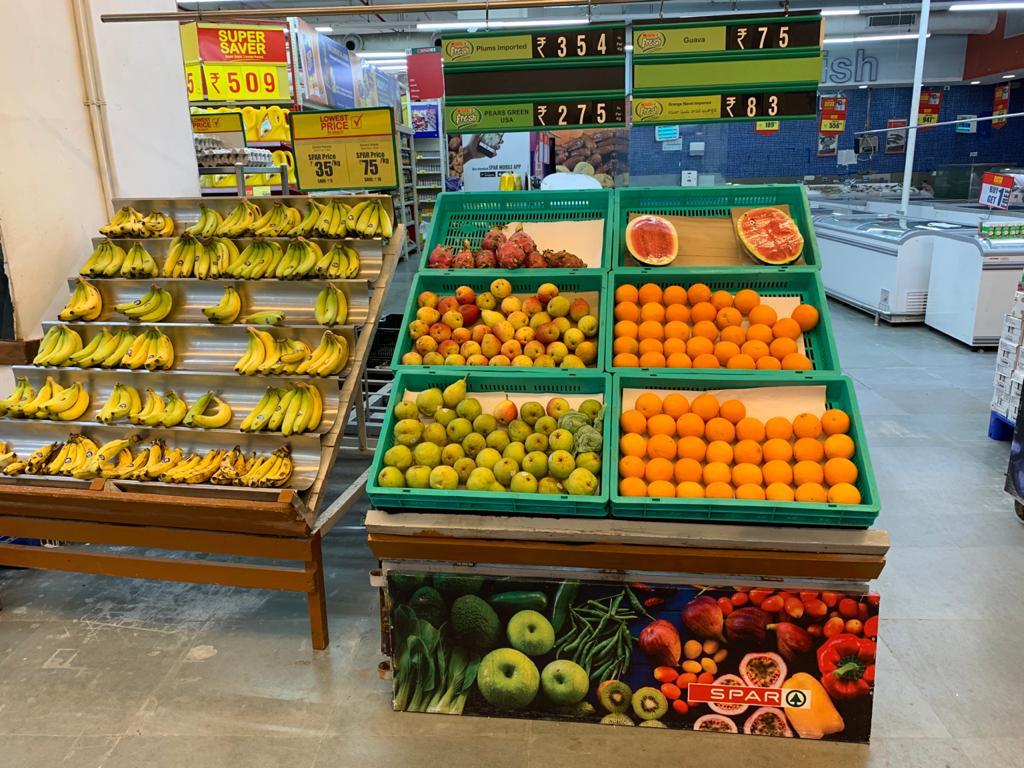
Local Fruits Disadvantages
Very less scientific information is available about Local fruits online and offline.
Nutritive Value of some Indian Local Fruits (per 100g)
| FRUIT | ENERGY (KCal) | MOISTURE(g) | PROTEIN(g) | FAT(g) | CARBOHYDRATES (g) | CALCIUM (mg) | IRON(mg) | CAROTENE
| (ug)
| ASCORBIC ACID (mg) | ||
| Guava |
52 |
81.7 |
0.9 |
0.3 |
11.2 |
10 |
0.3 |
0 |
212 | |||
| Papaya |
32 |
90.8 |
0.6 |
0.1 |
7.2 |
17 |
0.5 |
666 |
57 | |||
| Chicco/Sapota |
98 |
73.7 |
0.7 |
1.1 |
21.4 |
28 |
1.3 |
97 |
6 | |||
| Banana |
116 |
70.1 |
1.2 |
0.3 |
27.2 |
17 |
0.4 |
78 |
70 | |||
| Mango (ripe) |
74 |
81.0 |
0.6 |
0.4 |
16.9 |
14 |
1.3 |
2743 |
16 | |||
| Pomegranate |
65 |
78.0 |
1.6 |
0.1 |
14.5 |
10 |
1.8 |
0 |
16 | |||
| Water Melon |
16 |
95.8 |
0.2 |
0.2 |
3.3 |
11 |
7.9 |
0 |
1 | |||
| Orange
| (Nagpur)
|
48 |
87.6 |
0.7 |
0.2 |
10.9 |
26 |
0 |
1104 |
30 | ||
| Grapes
| (pale green)
|
71 |
79.2 |
0.5 |
0.3 |
16.5 |
20 |
0.5 |
0 |
1 | ||
| Apple
| (Kashmir)
|
59 |
84.6 |
0.2 |
0.5 |
13.4 |
10 |
0.6 |
0 |
1 | ||
| Strawberry (Panchgani) |
87.8 |
30 |
0.7 |
0.2 |
44 |
30 |
1.8 |
Reference: Nutritive Value Of Indian Foods, National Institute Of Nutrition 2011
Are hyper-local fruits and local fruits are same ?

Hyperlocal fruits are local fruits that are confined to a particular region in a particular season. These fruits are overlooked and considered not as important as other fruits.
How to identify hyper-local fruits?
They are often sold on the carts outside railway stations, Schools, and on the roadside.
Your grandma or mother must have told you about some stories or songs about such hyper-local fruits. These fruits are mentioned in the local folk tales and have importance in religious offerings.
These fruits do not have specific English names.
Note: Hyperlocal fruits are sometimes expensive depending on the demand-supply ratio. Most of the Farmers have stopped growing hyper-local fruits as there are no customers to buy them. I request all the readers to buy hyper-local fruits and support local farming. (4) (5) (6) (7)
Nutritive Value Of Indian Hyper local Fruits (per 100g)
| FRUITS | MOISTURE (G) | ENERY(KCal) | PROTEIN (g) | FAT (g) | CARBOHYDRATE (g) | CALCIUM (mg) | IRON(mg) | CAROTENE (g) | ASCORBIC ACID (mg) |
| Amla/Indian Gooseberry |
81.8 |
58 |
0.5 |
0.1 |
13.7 |
50 | 1,2 |
9 |
600 |
| Ber/Indian Jujube | 81.6-83.0 |
0.8 |
0.07 |
17.0 |
25.6 | 0.76-0.82 |
0.021 | 65.8-76.0 mg | |
| Bael/Indian wood Apple |
61.5 |
128 |
2.3 |
2.17 |
24.92 |
95 |
0.436 |
55 |
8 |
| Maran/Coconut Flower | |||||||||
| Shehtooth/Indian Mulberry |
86.5 |
49 |
1.1 |
0.4 |
10.3 |
70 |
2.3 |
57 |
12 |
| Cashew Fruit |
86.3 |
51 |
0.2 |
0.1 |
12.3 |
10 |
0.2 |
23 |
180 |
| Khajur/Indian Fresh Dates |
15.3 |
144 |
1.2 |
0.4 |
33.8 |
22 |
0.96 |
26 |
3 |
| Sitaphal/Custard Apple |
70.5 |
104 |
1.6 |
0.4 |
23.5 |
17 |
4.3 |
0 |
37 |
| Ramphal |
70.5 |
101 |
1.7 |
0.6 |
25 |
30 |
0.7 | – |
19.2 |
| Kamrakh/Star Fruit |
91.4 |
128 |
1.04 |
0.33 |
6.73 |
3 |
0.08 | – |
34.4 |
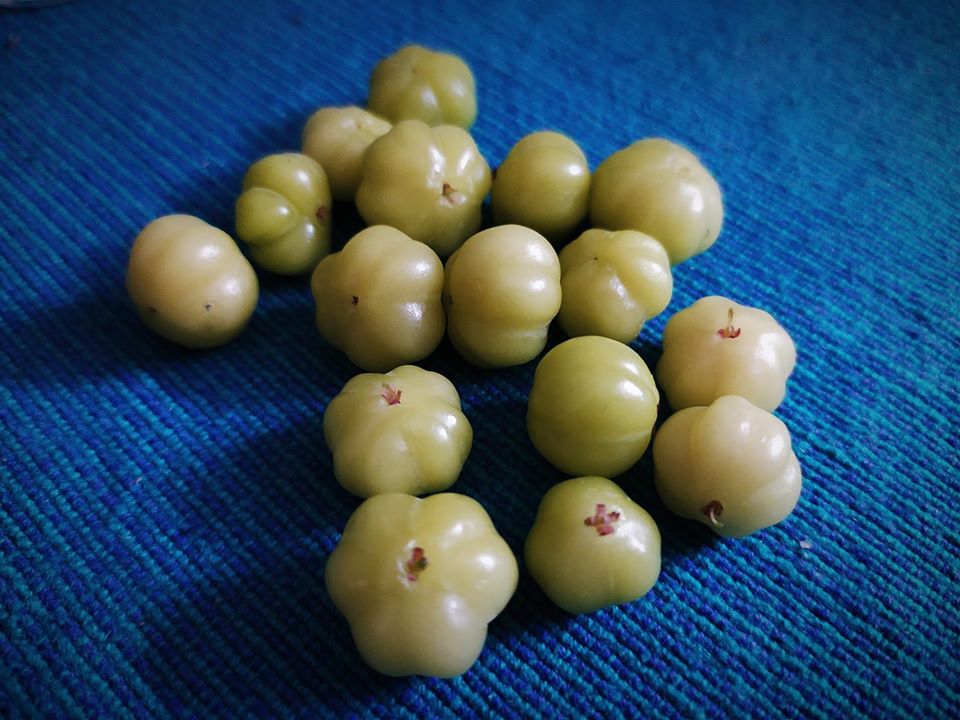
Exotic Fruits
Exotic fruits are that which are not native and that are cultivated outside a country, available at their place of origin.
Exotic Fruits Advantages
1. Brings Variation
It will bring a refreshing change in your platter. You can experience your exotic tropical holiday sitting at home relishing these exotic fruits.
2. Well Researched Information
Lots of information is available about exotic fruits both online and offline. Huge amounts of funds are invested for scientific research on exotic fruits and their health benefits.(11)
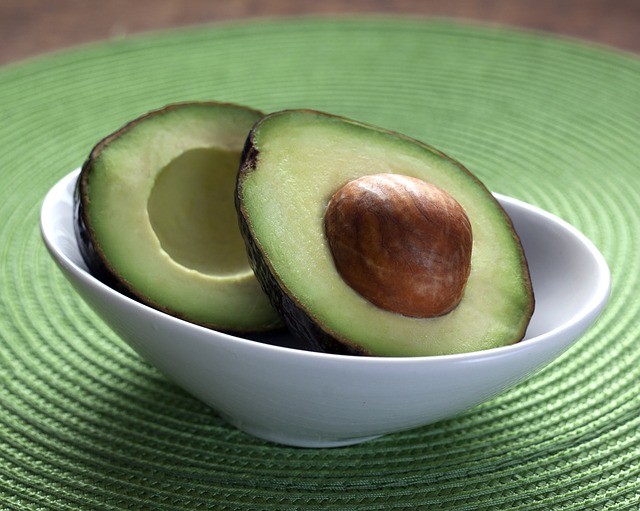
Exotic Fruits Disadvantages
1.Nutrition Loss
It is all about the Journey!! The longer fruit spends on a truck or in a storage container before being delivered to you, the greater the loss of vitamins, minerals, and other nutrients. The moment the fruit is picked or cutlets enzymes begin decomposing or feeding on the precious nutrients.
2. Early Harvest
To prevent over-ripening during the transport and export the fruits regularly to meet the demand, the exotic fruits are plucked before they mature completely. Simple way, they are harvested before the time. This will make the fruit devoid of many nutrients. So, no benefits in having such fruits.
3. Additives & Preservatives
Many additives are added to give vibrant color and shining glare to the fruits. Many chemicals are used to preserve these fruits from getting spoiled during transportation. Once fruits reach the destination they are again processed with many chemicals to artificially ripe them. These chemical treatments are very harmful to our health.
4. Not Pocket Friendly
Exotic fruits are very expensive as a lot of money is invested in Transportation, Storage, Preservation, and Processing before it reaches to supermarkets.
5.Global Warming
As we all know how fuels like petrol and diesel have contributed to global warming. The food industry also plays a crucial role in global warming. Encouraging exotic fruits has also increased the usage of fuels to transport them from far away places. Roughly 56 kcal of energy is required (in the form of fuels) to deliver 1kcal of energy on the plate if it is an exotic fruit. (8) (9) (10)
Nutritive Value of Some Exotic Fruits Popular In India
| FRUITS | ENERGY(KCal) | PROTEIN(g) | FAT(g) | CARBOHYDRATE(g) | CALCIUM(%Daily Value) | IRON(%Daily Value) | Vitamin A( % Daily Value) | Vitamin C(% Daily Value) |
| Mangosteen (76g) |
55 |
0.3 |
0.4 |
14 |
0.9% |
1.3% |
0.5% |
3.7% |
| Avocado (100 g) |
160 |
2 |
15 |
9 |
1% |
3% |
2% |
16% |
| Blue Berry (100g) |
57 |
0.7 |
0.3 |
14 |
0% |
1% |
1% |
16% |
| Rasp Berry (100g) |
53 |
1.2 |
0.7 |
12 |
2% |
3% |
0% |
43% |
| Dragon Fruit (227g) |
136 |
3 |
0 |
29 | – |
8% | – |
9% |
| Kiwis (100g) |
61 |
1.1 |
0.5 |
15 |
3% |
1% |
1% |
154% |
| Pulsan (100g) |
0.82 |
0.55 |
12.86 |
1% |
1% | – |
3% | |
| Durian (243g) |
357 |
4 |
13 |
66 | – | – | – |
80% |
| Rambutan (100g) |
68 |
0.9 |
0.3 |
16.0 | – | – | – | – |
Reference: U.S Department of Agriculture, Food Data Central.
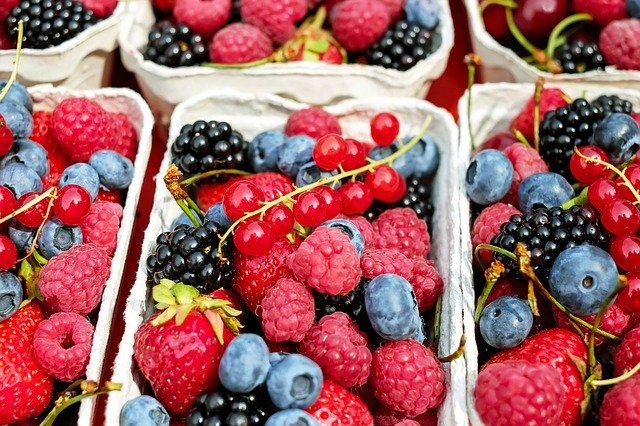
Take Away Message
Both exotic and local fruits are loaded with plant nutrients which improve overall health and boost immunity. The nutritional value of a fruit depends on many other factors that play very crucial role from harvest until it gets on our table. The shorter the distance between the harvest and the table, the more nutritious the fruit will be. Include more local fruits in your diet to get maximum nutrition when it is vibrant and in the peak of its vitality. There is no harm to try exotic fruits once in a while for a change. But trust me you will not miss anything if you completely bank on your Local and Hyper-Local fruits. Choose your fruit Wisely and Stay Healthy!!

